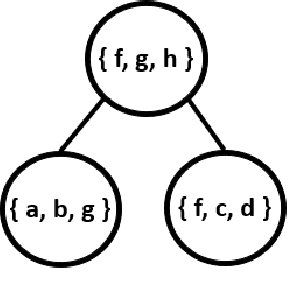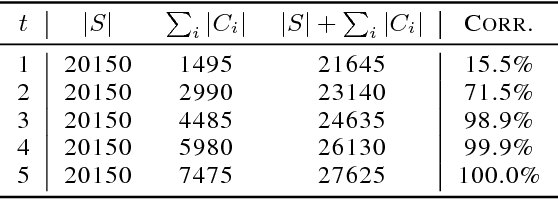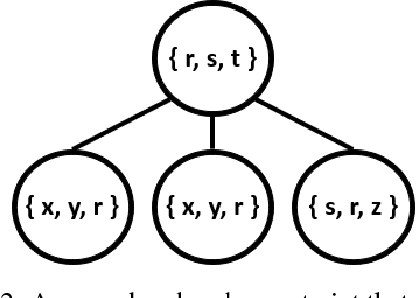High-Fidelity Vector Space Models of Structured Data
Paper and Code
Jan 15, 2019



Machine learning systems regularly deal with structured data in real-world applications. Unfortunately, such data has been difficult to faithfully represent in a way that most machine learning techniques would expect, i.e. as a real-valued vector of a fixed, pre-specified size. In this work, we introduce a novel approach that compiles structured data into a satisfiability problem which has in its set of solutions at least (and often only) the input data. The satisfiability problem is constructed from constraints which are generated automatically a priori from a given signature, thus trivially allowing for a bag-of-words-esque vector representation of the input to be constructed. The method is demonstrated in two areas, automated reasoning and natural language processing, where it is shown to produce vector representations of natural-language sentences and first-order logic clauses that can be precisely translated back to their original, structured input forms.
 Add to Chrome
Add to Chrome Add to Firefox
Add to Firefox Add to Edge
Add to Edge